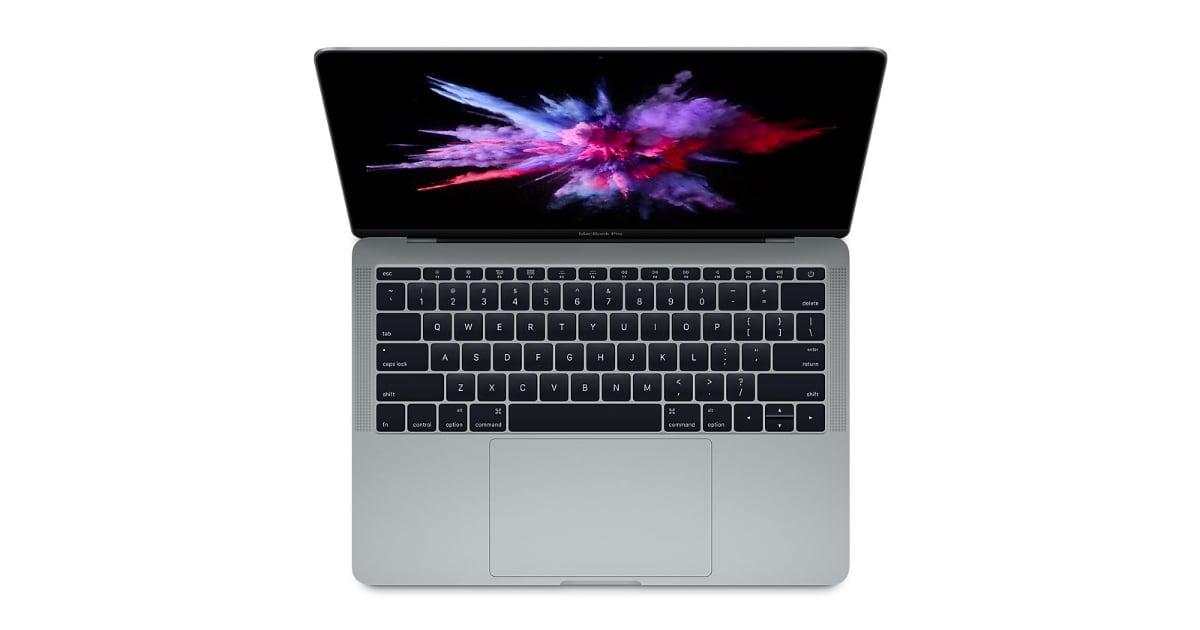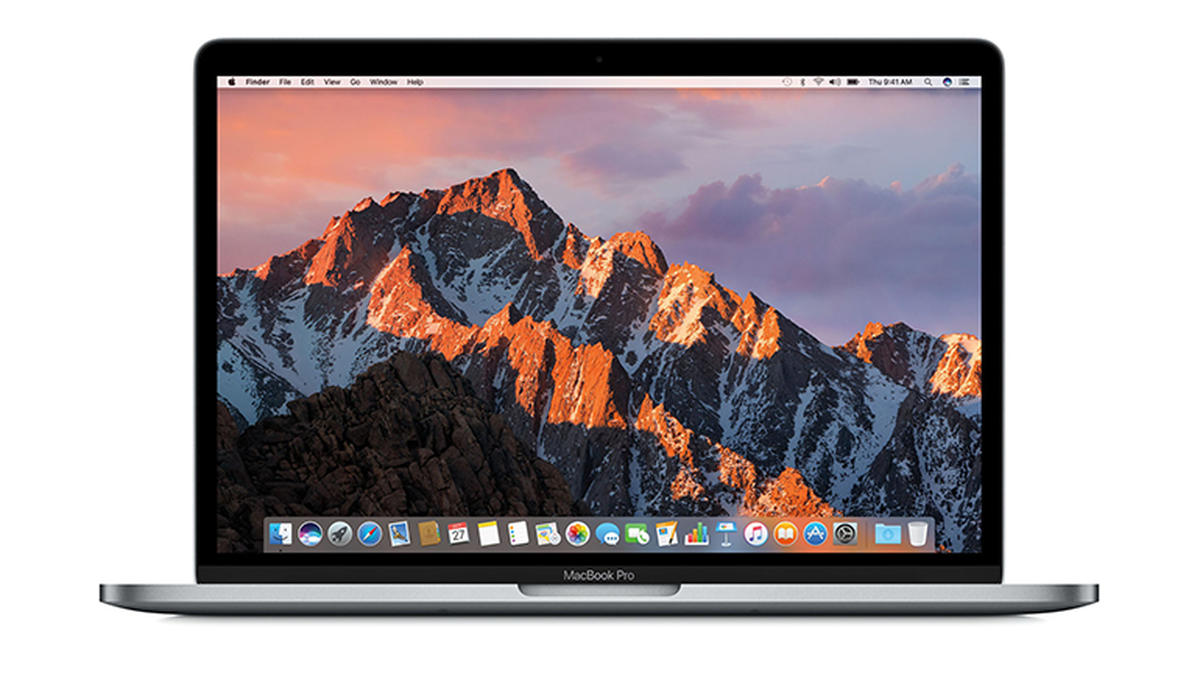According to a report, a class action against Apple claims that the company intentionally sold 2016-2017 MacBook Pro models with Flexgate display defect. The judge on the case says that Apple must have been aware of the issue because of the rigorous pre-release testing it conducts.
A class of customers noticed back in 2019 that the MacBook Pro models (2016-17) were showing a peculiar “stage lighting” effect that would impact their display, making the laptop unusable. This happens because of the flex cable that weakens over time after repeated opening and closing of the machine.

Apple intentionally sold defected 2016-2017 MacBook Pro models
According to a report brought forth by Law360, Judge Edward Davila stated that he agrees with the plaintiffs on the fact that Apple must have been informed of the display failures by its engineers since the company conducts intensive pre-release testing for its products.
U.S. District Judge Edward Davila determined that the consumers’ allegations of Apple conducting intensive pre-release testing, which the consumers say was conducted by a team of “reliability engineers” who carried out stress tests and other procedures that would have alerted Apple to defects behind the display failures, sufficiently demonstrate that Apple was aware of the alleged defect.
“The court finds that the allegations of pre-release testing in combination with the allegations of substantial customer complaints are sufficient to show that Apple had exclusive knowledge of the alleged defect,” the judge wrote in his opinion.
According to the head plaintiff of the class action, Mahan Taleshpour, the Cupertino tech giant has repeatedly denied the existence of a defect in its MacBook Pro models, and further stated that the company also tried to cover up evidence of the defect.

Taleshpour further stated that Apple knowingly deleted comments and threads regarding the issue from its support community forums. The forums are a place for Apple customers to come and discuss their problems regarding Apple devices. The judge believes that if this allegation turns out to be true, then it is a clear possibility that the tech giant knew about the issue beforehand.
According to the tech giant’s attorney, Alexander Wheeler, the plaintiffs are “naturally pleased” with the fact that the judge sided with them over Apple, and the decision to move this case forward. He also said that the idea of pre-release testing of the device would have alerted it to the issue is not accurate.
Those thing cables stretch and wear out as consumers open and close their laptops. As those thing cables tear, the laptop display screen – which Apple touts as the ‘best Mac display ever’ – stop working long before the expected life of an expensive Apple laptop.
Read More: